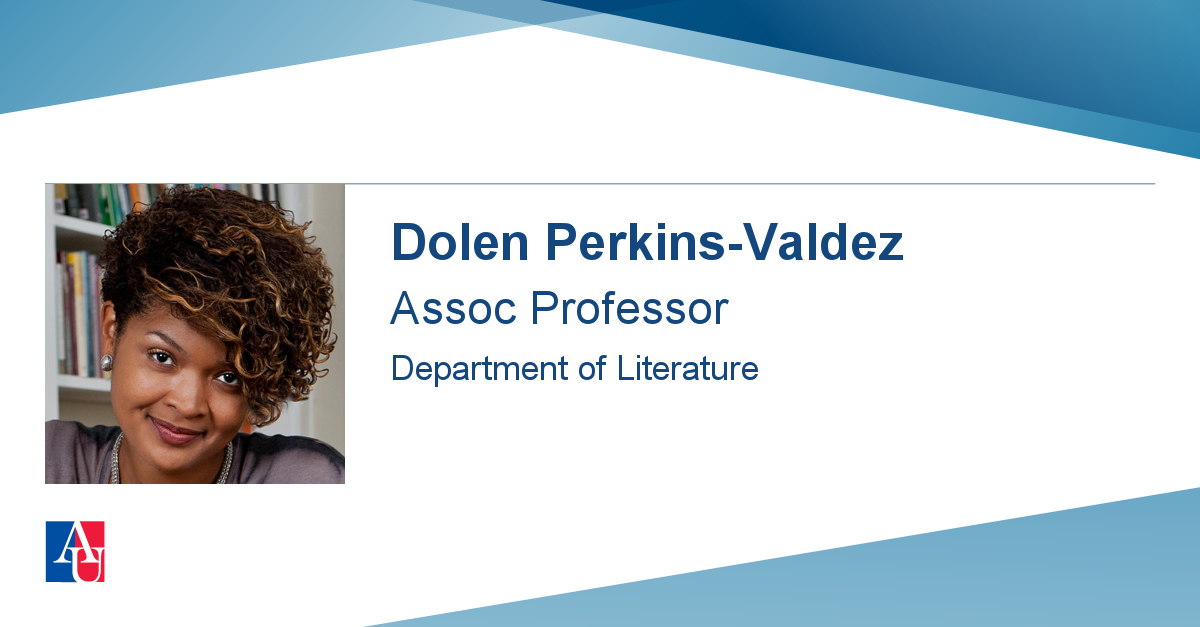
I think it’s important that we connect these fraught conversations about race and gender to the history of medical racism in this country. But what about Anarcha Westcott, Betsey Harris, and Lucy Zimmerman, the enslaved women who sacrificed their bodies for “research?” As a Black woman, I wanted to know more about the kinds of medical injustices we had historically faced. Sims went on to be lauded as the father of modern gynecology. Marion Sims, an early American physician, openly and publicly operated on enslaved Black women without their consent, developing very painful operational techniques-vaginal fistula repair among them-without administering any kind of pain medication.

I heard these stories from an early age, but it really struck home with me when I learned of another Alabama horror. After the men died, the government then autopsied the bodies in the name of further “study.” My Dad graduated from Tuskegee in the late 1960s, and he often recounted the story of the Tuskegee Syphilis experiment, a government-funded medical study that went on for forty years and allowed nearly 400 Black men to needlessly die before being exposed. But that does not change the fundamental history and generational fallout.

Even Black medical professionals were not immune to this distrust.įortunately, African Americans are resilient survivors, so eventually most chose to receive the vaccine. Growing up, I’d listened as a beloved aunt of mine, a registered nurse for nearly forty years, professed her dislike of hospitals. Would they trust that the government was being honest about the safety of the vaccine? Although I had read the studies and knew the vaccine was safe, I understood the history of medical racism in the United States and the distrust it had fostered among many African Americans. When Covid-19 vaccines were released in early 2021, I worried about folks in African American communities.


 0 kommentar(er)
0 kommentar(er)
